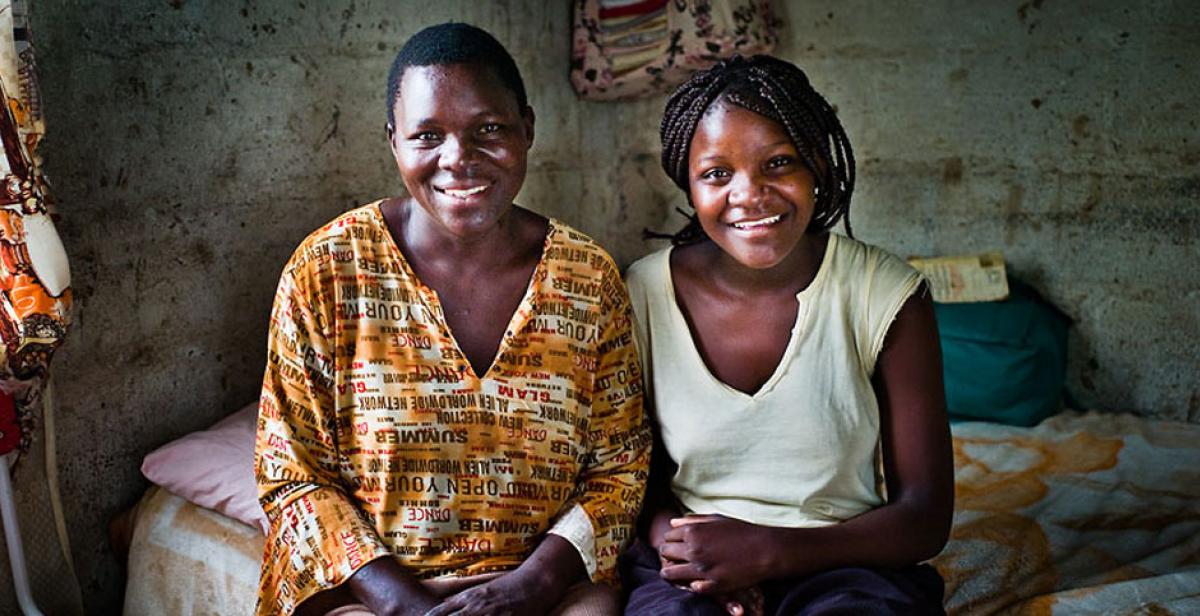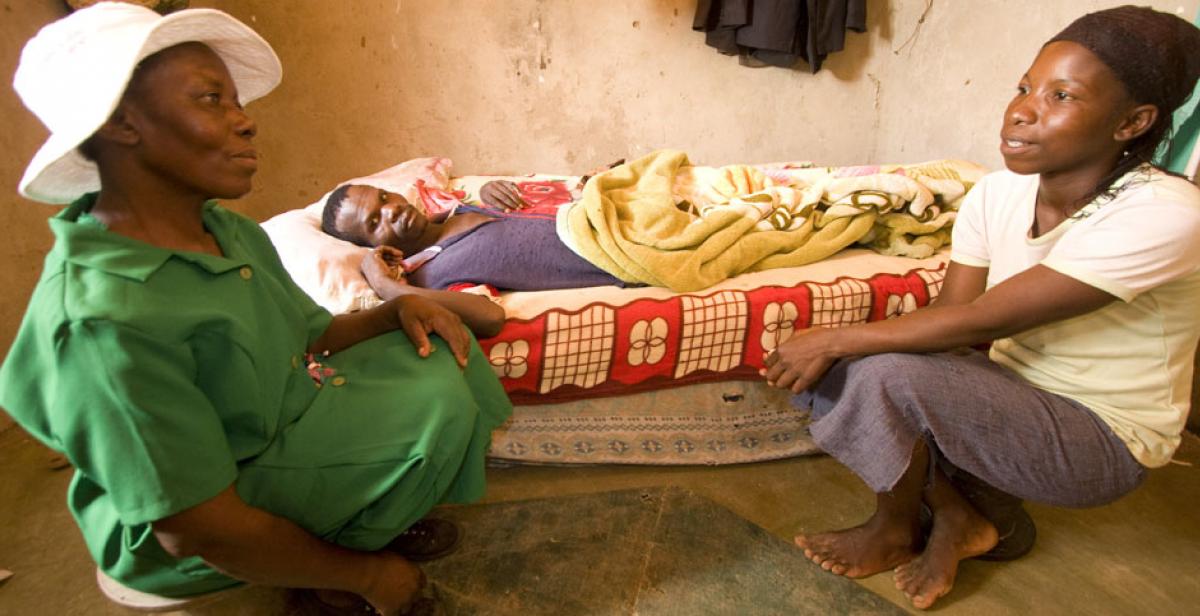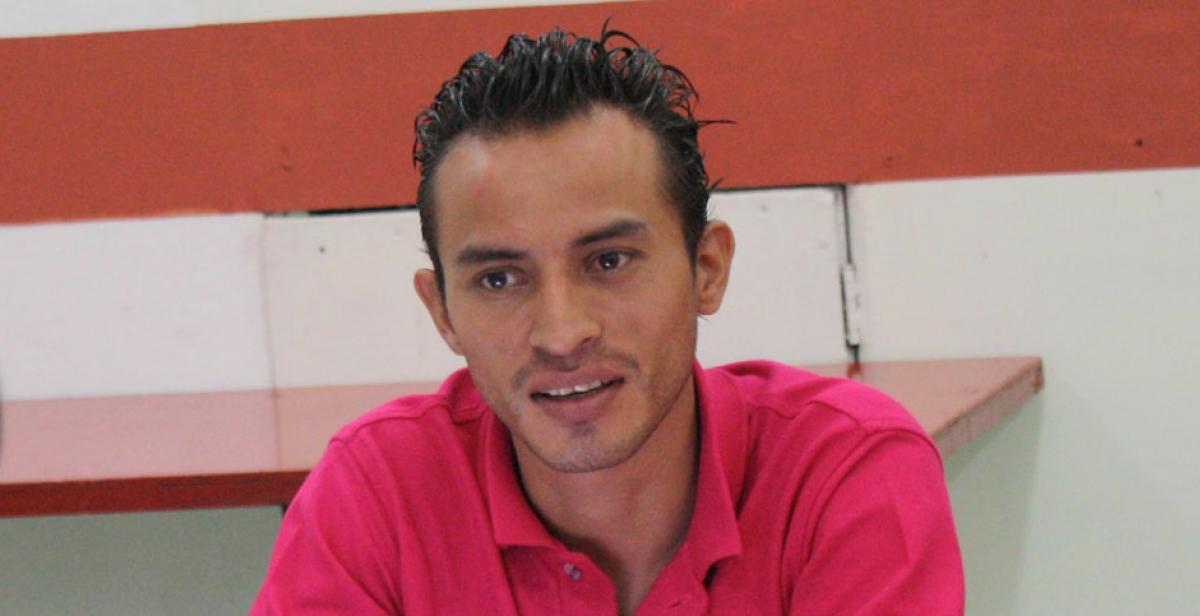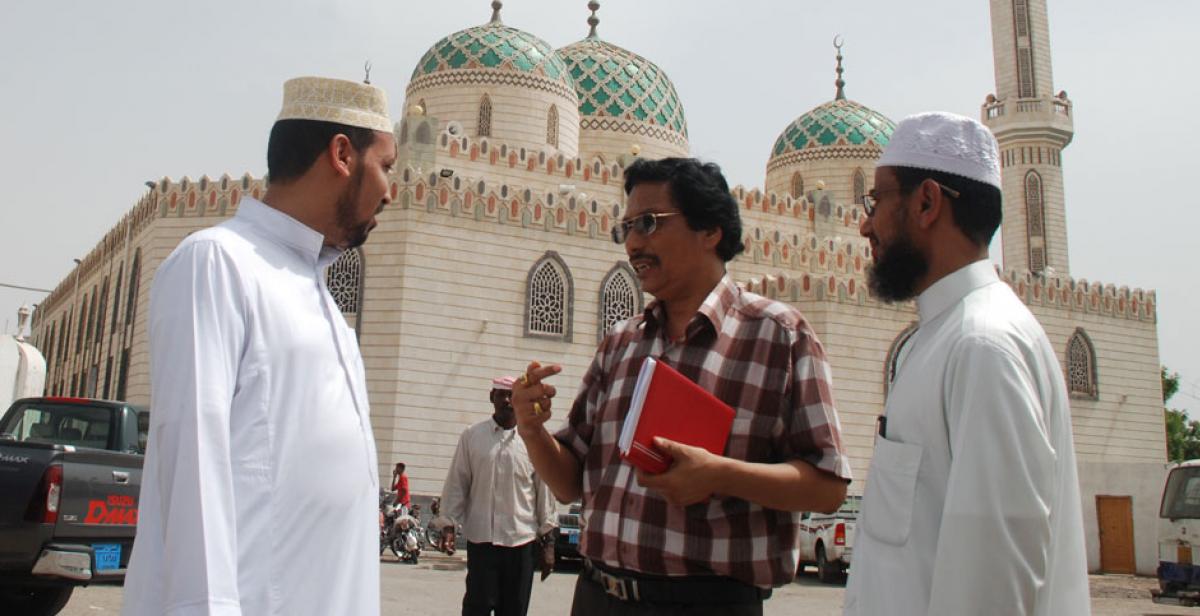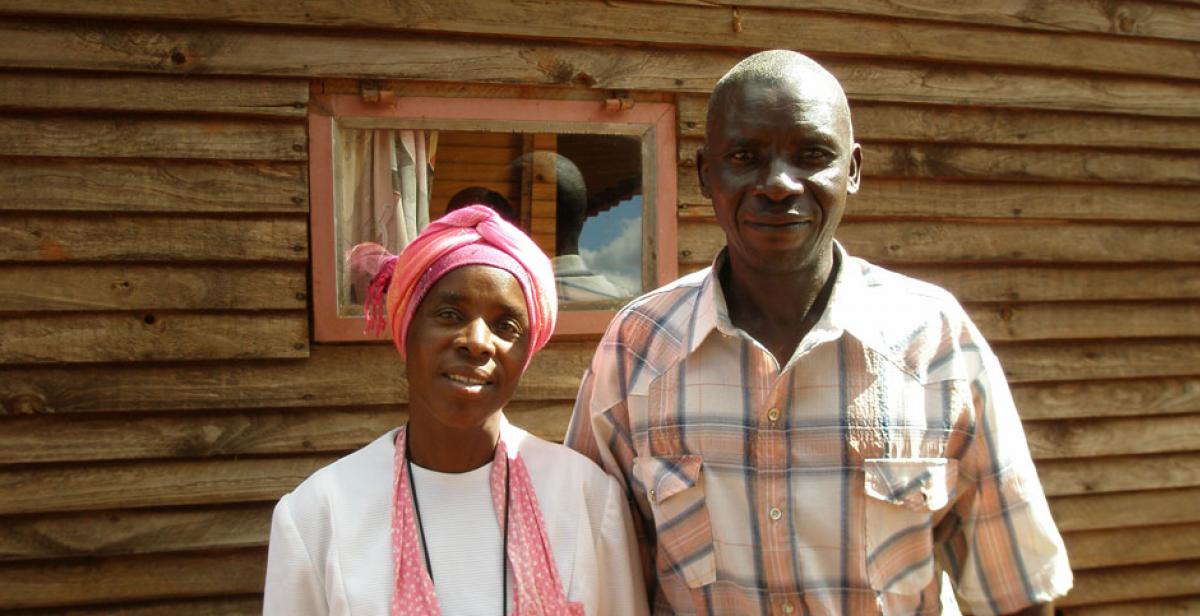We believe that people living with HIV have the right to receive adequate care and support, and to live their lives free from marginalisation and discrimination.
Our work achieves an immediate impact for people living with HIV, by reducing stigma and discrimination and promoting better policies and services; and we achieve a long term impact, by empowering organisations, communities and people to drive through changes now and in the future.
Empowering people living with HIV
Our focus is on empowering people living with or affected by HIV to play a leading role in responding to HIV and in securing changes in policy and practice locally and nationally.
From our early innovative work in Somaliland and Yemen in the early and mid 1990s, through our southern Africa work and on into Latin America, we’ve been at the forefront of the fight against stigma and prejudice.
And today, in all of the countries where we work, we continue to challenge deep-rooted social perceptions about HIV and AIDS. For example, we work with faith leaders in Yemen, Somaliland and Malawi to build greater understanding and speak out positively; and we work with other opinion formers such as journalists in countries such as Honduras and Nicaragua so that they can challenge deeply held prejudices related to gender and stigma.
Read more on the lessons from our work with faith-based organisations responding to HIV in Yemen, Zimbabwe and El Salvador.
The impact of the virus on women and girls around the world is particularly severe and we work with women's groups to support their struggle for rights and influence.
Our aims
By 2015, working alongside civil society and local communities, we aim to have:
- Encouraged safer behaviour related to HIV and AIDS among vulnerable groups such as young people and sex workers
- Increased levels of understanding by opinion formers about gender and stigma issues related to HIV and AIDS and how tackling these issues helps people affected by HIV secure their rights
- Improved the level to which people living with HIV see their expressed needs and priorities being reflected in care and support services.
Our work will contribute to combating HIV and AIDS, malaria and other diseases (MDG 6).


